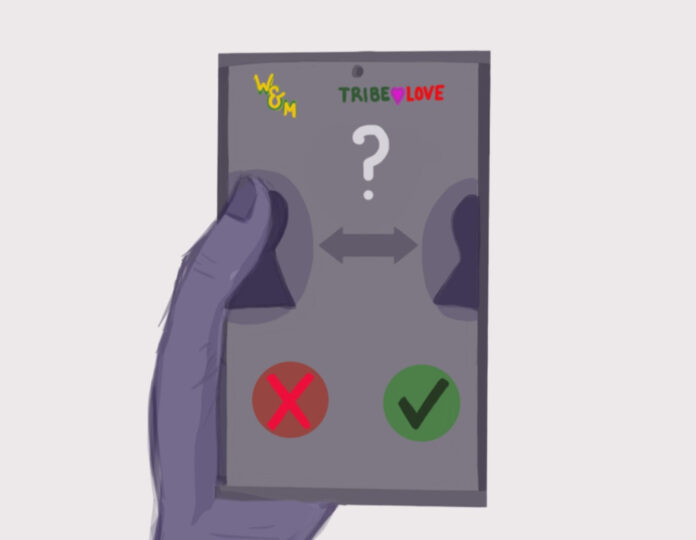Isabella McNutt ’27 is a government and history double major, and she is currently studying in Washington, D.C. She loves rom coms, country music and reading just about every genre. Email her at immcnutt@wm.edu.
The views expressed in the article are the author’s own.
Dating in our generation has become less about genuine connection and more about swipes, likes and late-night texts. Somewhere along the way, the pursuit of romance turned into a chaotic game of who can care less. Call it the age of casual hookups, ghosting and commitment-phobia — whatever the name, it’s clear that something in our dating culture is fundamentally broken.
Our generation has become masters of emotional detachment. We fear vulnerability because it means relinquishing control and risking rejection. No one ever approaches their class crush or tries to talk to that one person they’ve been Instagram stalking for months. Instead, we hide behind screens, send vague texts and avoid meaningful conversations. The rise of situationships — those undefined, commitment-free relationships — further reflects our unwillingness to confront our feelings. You can spend months “talking” to someone just to have it end almost as abruptly as it started. Ironically, we all hate it. We so desperately want that happily ever after, that long-lasting relationship that ends our single Saturday nights, but we just can’t make it happen. And the biggest culprit is the game.
With the swipe of a finger, we have thousands of potential partners at our disposal. Apps like Tinder, Bumble and Hinge promise convenience, but they’ve also commodified dating. We shop for people the same way we browse for shoes online — evaluating profiles in seconds and quickly discarding anyone who doesn’t meet our impossible standards. It’s all just too distracting. The possibility that someone out there may meet our standards is better than that cute girl that sits next to you in your art history class or that one guy that dares to ask you out on a date. It’s all just too easy. The result? Shallow connections and an endless cycle of dissatisfaction.
Now, don’t get me wrong; there are exceptions. Some people manage to break free from the game, find genuine connections and build relationships that withstand the constant temptation to look elsewhere. But these cases are becoming rare. Many of us are left navigating the murky waters of modern dating, holding our breath in hopes that the next swipe will be the one that changes everything.
And then there’s the fear of labels. It seems like no one wants to define the relationship anymore. Instead, we’re stuck in an ambiguous gray area, afraid to ask, “What are we?” for fear of scaring the other person away. Emotional investment is seen as a weakness, and caring too much is met with suspicion. It’s a twisted paradox: we crave intimacy but reject the very vulnerability it requires.
Yet, amidst the chaos, there is hope. Real, lasting connections are still possible, but they require intentionality. We need to be willing to put down our phones, have honest conversations and embrace the vulnerability that comes with caring about someone. Love, after all, was never meant to be easy. It demands effort, compromise and courage. And maybe, just maybe, if we choose to reject the game and face the discomfort head-on, we can rediscover what it means to truly connect.
So, the next time you find yourself endlessly swiping or debating whether to double-text, ask yourself: Is this really how you want to approach love? Or is it time to step away from the game and take a chance on something real? The choice is yours. And who knows? You might just find that genuine connection you’ve been searching for all along.
Destroying dating culture doesn’t mean swearing off relationships altogether. It means rejecting the toxic behaviors that have become commonplace. Our generation has the opportunity to build a healthier, more compassionate dating landscape — but only if we choose to do so. Love, after all, was never meant to be a game.

